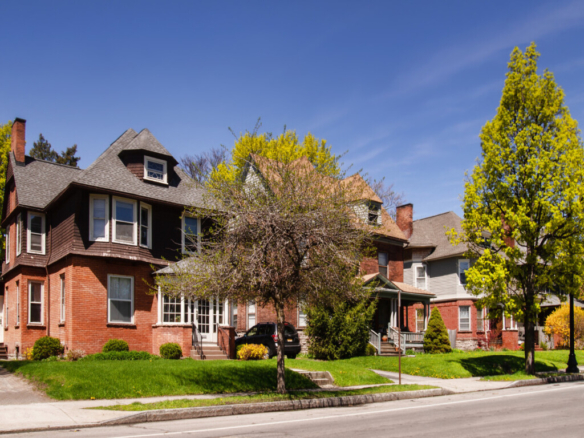
If you’re planning to buy a home with an FHA loan, you’ll need to pass an FHA inspection before you can close. An FHA loan is a government-backed mortgage that appeals to first-time homebuyers because it’s easier to qualify for and requires only a small down payment. In 2025, 15% of buyers financing their homes chose an FHA loan.
The U.S. Department of Housing and Urban Development (HUD) sets the minimum property standards that homes need to meet before an FHA loan can be approved. These are meant to protect the buyer and the investment by ensuring the house is both priced correctly and free of problems that could compromise living conditions.
That’s where the FHA appraisal inspection comes in. The appraiser checks that the home is safe to live in, structurally sound, and free from major health or safety hazards. While it’s not as detailed as a full home inspection, it notes certain issues—like roof problems, peeling paint, water damage, or faulty utilities—that may need to be fixed before closing.
Knowing what the FHA requires to pass an inspection can help you decide whether that home you have your eye on makes sense—and how to move forward if the appraiser flags repairs, whether buying a home in Kansas City or Madison, WI.
What is an FHA appraisal?
An FHA appraisal works differently than a conventional home appraisal—not only is the appraiser assessing the value of the home, they’re also making sure the property meets basic HUD livability standards. When your lender sends out an FHA-approved appraiser, they’ll walk through the property and document any noteworthy features, but they’ll also draw up a report with remarks on the home’s safety, security, and livability.
An FHA appraisal inspection will cost more than a regular appraisal because it’s more in-depth and requires certain qualifications. Most buyers can expect to pay anywhere between $400-$700 for an FHA appraisal, depending on home size, location, and demand. While an FHA inspection looks at some parts of a home, it does not replace a buyer’s home inspection. We’ll cover this in more detail later.
FHA loan inspection requirements
Because FHA loans are designed to make homeownership more accessible, the HUD wants to be sure the home is safe and livable before approving the loan. The “inspection” portion of the FHA appraisal focuses on three big themes:
- Safety: no conditions that threaten the health or safety of occupants
- Security: protected from unauthorized entry and the elements
- Structural soundness: likely to remain in good condition for the foreseeable future
Most of the time, FHA loan appraisal inspections will be looking for these requirements:
Safety and habitability
- No exposed wiring or obviously unsafe electrical panels.
- Working smoke detectors (and CO detectors if required locally).
- Safe stairs with handrails; stable, even flooring; no major trip hazards.
- No active roof/foundation leaks, major mold patches, or severely water-damaged areas.
- For homes built before 1978: no peeling/chipping paint that could be a lead hazard.
Structure and exterior
- Foundation and exterior walls free of major cracking, bowing, or shifting.
- Roof with no active leaks and typically at least 2 years of remaining useful life.
- Siding, gutters, downspouts and grading need to direct water away from the home.
- Windows and doors operate/lock properly and aren’t broken.
Systems and utilities
- A permanently installed heating system capable of keeping a livable temperature.
- Functional plumbing: hot and cold running water, drains working, no major leaks.
- Safe, grounded electrical system.
- Public or approved water and sewer (or septic) systems connected and functioning; well systems must be safe.
- If AC is installed, it should work, although AC isn’t always required.
Interior livability
- At least one full working bathroom (sink, toilet, bathtub/shower).
- Kitchen sink and plumbing function; any appliances included are safe.
- No large holes in walls/ceilings/floors exposing wiring or framing.
- Doors and windows open/close properly; safe access from driveway/sidewalk into the home.
Site and access
- Safe, year-round access via public or approved private road/driveway.
- Proper site grading, drainage, and no major soil issues or unsafe easements.
- Property is suitable for residential use (no dominant commercial use or severe environmental hazard).
Multi-unit properties (2–4 units)
- All units must meet FHA safety and livability standards.
- Each unit needs working heat, plumbing, and electrical systems.
- Shared areas (hallways, stairs, laundry rooms) must be safe and well-lit.
- Utilities must be safely configured and either separately metered or clearly identified.
Manufactured homes
- Must be built after June 15, 1976, with HUD certification labels.
- Must be on a permanent, HUD-compliant foundation (not temporary blocks).
- Must be classified as real property, not personal property.
- All utility connections (water, sewer/septic, electric, heat) must be permanent and functioning.
FHA appraisal and inspection vs. home inspection
Many FHA buyers think they can skip a home inspection because the FHA appraisal includes a basic safety check. But the FHA appraisal is a surface-level review for lending purposes, and only notes if the home meets the HUD’s minimum property standards. While it might be tempting to pass on a home inspection due to money or time, the two inspections actually work best hand-in-hand.
A buyer-ordered home inspection is optional, but it gives you a clear picture of the home’s condition. A licensed inspector will spend several hours checking the home in detail—they’ll test built-in appliances and the home’s systems, closely examine the roof, foundation, and plumbing, check attics and crawlspaces, and note any immediate or upcoming repairs and maintenance.
Depending on what the inspection uncovers, you may be able to negotiate repairs or purchase price, address issues before the FHA appraisal, or walk away if dealbreakers are revealed.
What happens after an FHA appraisal
Once the FHA appraiser submits their report, your lender reviews the paperwork then advises on next steps.
- If the value supports your loan: The appraisal comes in at or above the purchase price, and your loan moves into final underwriting.
- If the appraiser notes repairs: The lender issues a conditional approval listing what must be fixed before closing—usually things like peeling paint, unsafe wiring, or missing handrails.
- Decide how to move forward: Most of the time, sellers are responsible for FHA-required repairs to keep the sale on track.
- Repairs get checked: Once the work is done, the lender orders a quick reinspection to confirm everything meets FHA standards.
- You get cleared to close: After the lender signs off on the value and the repairs, your loan moves forward to the final closing steps.
What would cause a home to fail an FHA inspection?
The FHA inspection requirements need to be met in order for the lender to approve the loan. Some problems might trip up financing but can be resolved before closing; others might mean the house doesn’t qualify for FHA support and the sale won’t go through.
The most common issues that come up after an FHA appraisal are:
- Repairs the seller won’t do, even if they’re small or inexpensive.
- Signs of bigger underlying problems (sloping floors, moisture stains, aging mechanicals) that require specialist inspections.
- Unpermitted additions or remodels, especially garage conversions or structural changes.
- Major systems that function “just barely” (weak heating, borderline wells, roofs with very limited remaining life).
- Property configuration issues, like missing HUD tags on manufactured homes or multi-unit buildings with unclear utilities.
- Location-based concerns, such as high-risk flood zones, industrial proximity, or unusual easements.
FHA inspection requirements: bottom line
A home doesn’t need to be perfect in order to meet the FHA inspection requirements. As long as the property is structurally sound, the systems are working, and there aren’t any clear health or safety hazards, most homes can qualify.
The biggest hurdles in the FHA loan inspection process usually come from sellers refusing to make repairs or signs that imply larger underlying problems. If you go into the appraisal knowing what they’re looking for, you’ll be better prepared to navigate buying a home with an FHA loan.
The post What Are The Inspection Requirements For Buying a Home With an FHA Loan? appeared first on Redfin | Real Estate Tips for Home Buying, Selling & More.





Join The Discussion